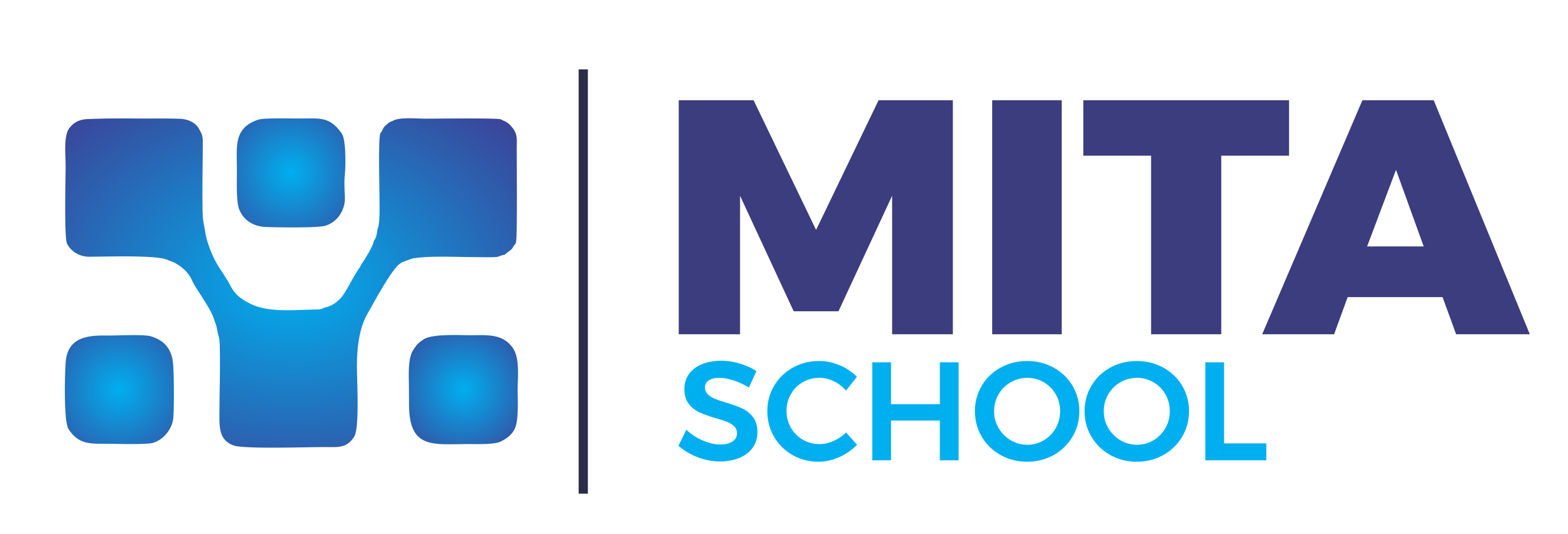If you are looking for where to learn Data Analysis or any tech skill in Nigeria or abroad, regardless of your location Mita School has got you covered as we have our physical training facility in Uyo and the Online Video Live Classes on Zoom and YouTube for enrolled students outside Akwa Ibom state be it Lagos, Abuja, Enugu, Port Harcourt, Calabar, Jos, Ibadan, Kano, Benin etc.
In today’s data-driven world, the ability to analyse and interpret data is invaluable. Whether you’re a budding entrepreneur, a seasoned professional, or a curious individual looking to dive into the world of data, acquiring data analysis skills opens doors to endless opportunities. But where can you learn data analysis in Nigeria, specifically in Uyo, Akwa Ibom? The short answer is Mita School In this comprehensive guide, we’ll explore the best training options and answer crucial questions to set you on the path to mastering data analysis.
What is Data Analysis?
Data analysis is the process of examining, cleaning, transforming, and interpreting data to uncover meaningful insights, trends, and patterns. It forms the backbone of informed decision-making across various industries, from finance and healthcare to marketing and technology.
How Much Does it Cost to Learn Data Analysis in Nigeria?
The cost of learning data analysis in Nigeria varies depending on the training option you choose. Online courses, university programmes, and specialised institutions each come with their price tags, encompassing tuition fees, study materials, and additional expenses. By weighing these factors, you can determine the most cost-effective route for your budget.
Is Data Analyst an IT Job?
While data analysis intersects with information technology, it’s not limited to the realm of IT. Data analysts play a crucial role in extracting actionable insights from data, aiding strategic decision-making processes in diverse fields such as business, healthcare, and government.
Does Data Analyst Require Coding?
Coding skills are beneficial but not always mandatory for data analysts. However, proficiency in programming languages like Python, R, and SQL enhances your analytical capabilities and opens doors to advanced data manipulation and analysis techniques.
Which Course is Best for Data Analyst?
When choosing a data analysis course in Nigeria, consider factors such as curriculum relevance, instructor expertise, and accreditation. Online platforms like Coursera and Udemy offer a plethora of courses, while local universities and training centres may provide tailored programmes suited to Nigerian contexts.
What Skills Do Data Analysts Need?
Data analysts must possess a blend of technical and soft skills, including proficiency in statistical analysis, data visualisation, critical thinking, and communication. These skills enable them to extract actionable insights and communicate findings effectively to stakeholders.
What Qualifies as a Data Analyst?
A data analyst typically holds a degree in fields such as mathematics, statistics, computer science, or economics. Additionally, certifications such as the Microsoft Certified Data Analyst Associate, and Data Analyst Certifications validate proficiency in data analysis.
Is Data Analysis a Lot of Math?
While mathematical concepts underpin data analysis, you don’t need to be a maths genius to excel in the field. A basic understanding of statistics and algebra coupled with the right tools and techniques can empower you to tackle complex analytical challenges effectively.
Can I Learn Data Analysis with My Phone?
Yes, you can! With the proliferation of mobile-friendly learning platforms and apps, you can access data analysis courses and resources conveniently from your smartphone. Whether you’re commuting or relaxing at home, mobile learning offers flexibility without compromising quality.
How Long Will It Take to Learn Data Analysis?
The timeline for learning data analysis varies depending on your prior knowledge, learning pace, and chosen learning path. While some may grasp concepts quickly, others may require more time to master the intricacies of data analysis. With dedication and consistent effort, you can embark on your data analysis journey and progress at your own pace.
In conclusion, mastering data analysis opens doors to lucrative career opportunities and equips you with the skills to thrive in today’s data-driven landscape. By exploring the training options available in Nigeria, particularly in Uyo, Akwa Ibom, and arming yourself with the essential skills and knowledge, you can embark on a rewarding journey towards becoming a proficient data analyst.
How do I start learning data analysis?
To learn, simply enrol in our Data Analysis training at Mita School, Click here for more details.
Can I learn data analysis on my own?
Yes, it’s entirely possible to teach yourself data analysis. However, while self-learning is feasible, having a tutor to guide and mentor you towards success is often recommended and the importance of having a tutor to guide and mentor you is as follows:
- Personalised Learning: A tutor can tailor the learning experience to suit the individual student’s pace, learning style, and specific areas of interest or difficulty.
- Clarification of Concepts: Tutors can provide clear explanations and examples to help students grasp complex data analysis concepts more effectively, addressing any uncertainties or confusion along the way.
- Feedback and Support: Tutors offer constructive feedback on assignments, projects, and problem-solving approaches, helping students identify areas for improvement and reinforcing their understanding of key concepts.
- Accountability and Motivation: Having regular sessions with a tutor helps students stay accountable for their learning progress and maintain motivation, reducing the risk of procrastination or losing focus.
- Practical Application: Tutors can facilitate hands-on learning experiences, guiding students through real-world data analysis projects and scenarios to apply theoretical knowledge in practical settings.
- Access to Resources: Tutors can recommend additional resources, such as textbooks, online courses, or supplementary materials, to enrich the student’s learning journey and provide further insights into data analysis techniques and tools.
- Career Guidance: Tutors with industry experience can offer valuable insights into the practical applications of data analysis skills across various sectors, helping students explore potential career paths and opportunities.
- Supportive Learning Environment: Tutors create a supportive and encouraging learning environment where students feel comfortable asking questions, expressing concerns, and actively participating in discussions, fostering a deeper understanding of data analysis concepts.

